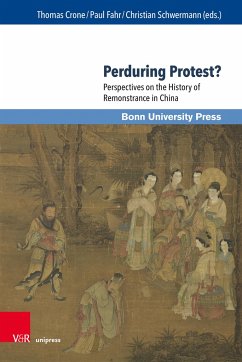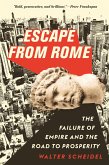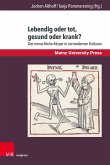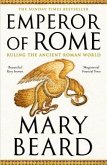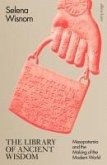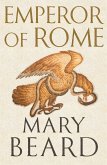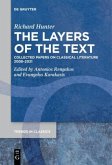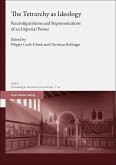Early Chinese inscriptions show that already the kings of the Western Zhou period (1045-771 BCE) called upon officials to submit remonstrances. However, it was not until the Warring States period (fifth century BCE to 221 BCE) that remonstrance was explained to mean that monarchical rule would be optimized if officials could object to the monarch's decisions. This book examines the history of remonstrance in China from conceptual, institutional, literary, and comparative perspectives, pointing out parallels to European institutions and the expression of dissent in modern China. Special attention is paid to the historical semantics of remonstrance, the strategies and intentions of remonstrants, and the perspective of the rulers who instrumentalized criticism to pursue their own goals.
Bitte wählen Sie Ihr Anliegen aus.
Rechnungen
Retourenschein anfordern
Bestellstatus
Storno

